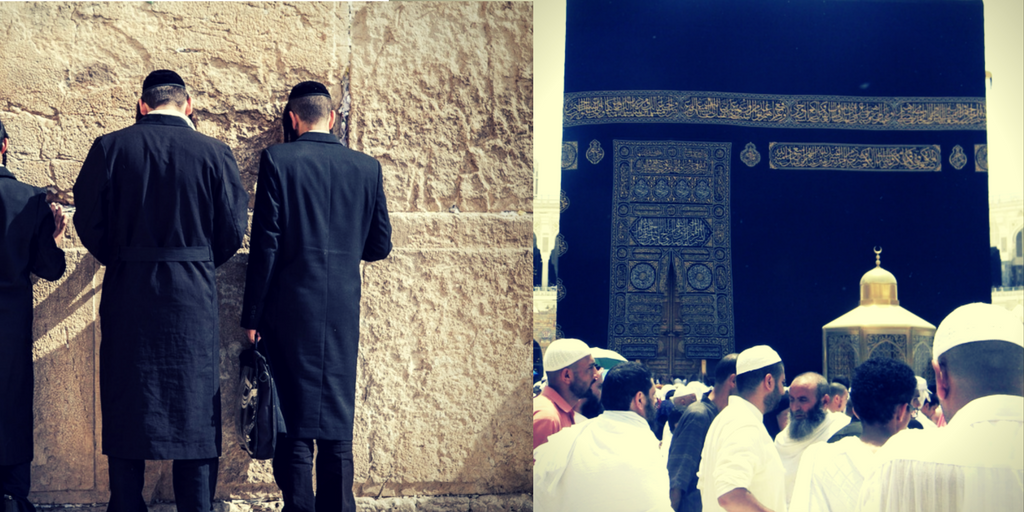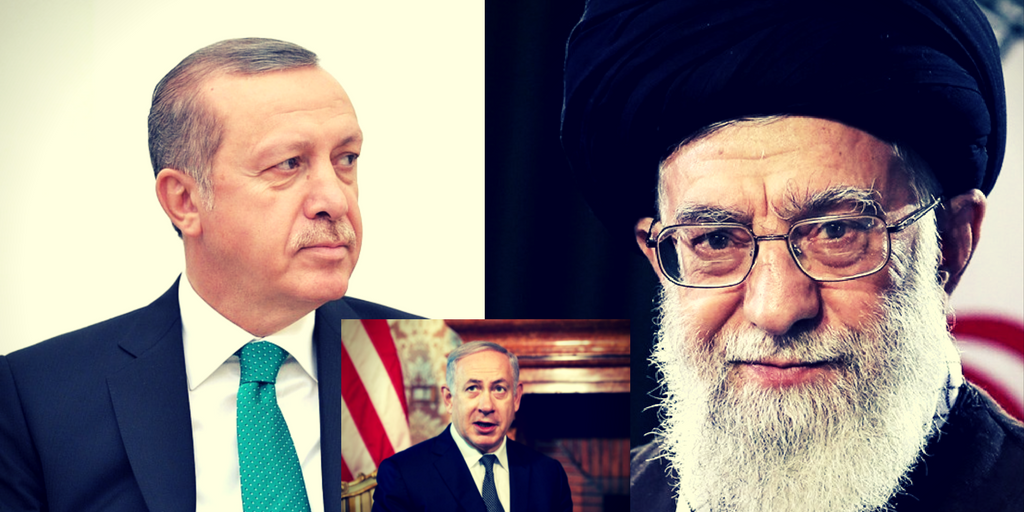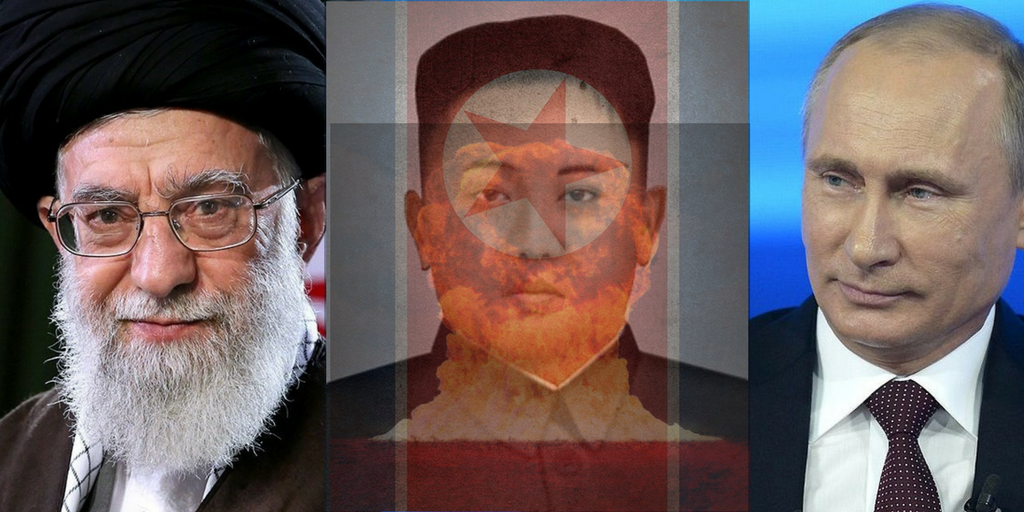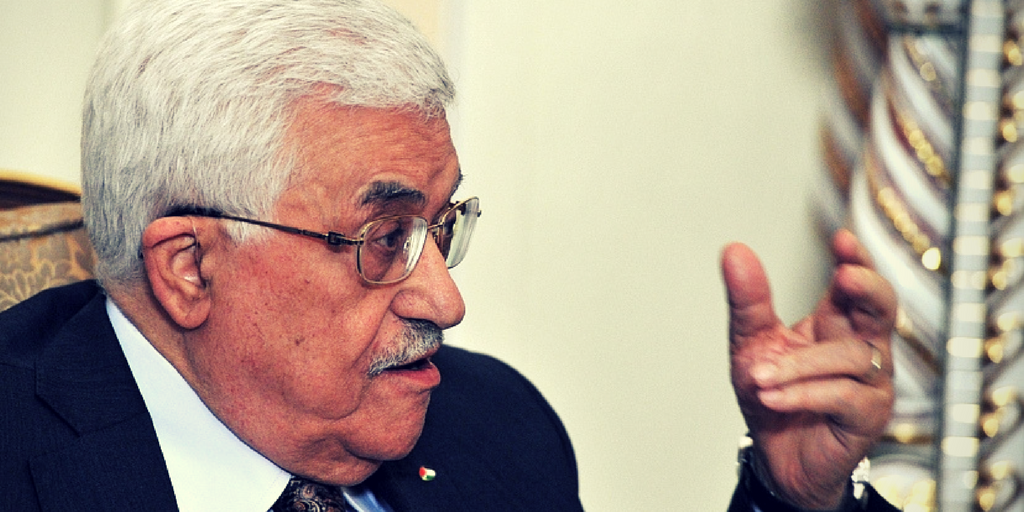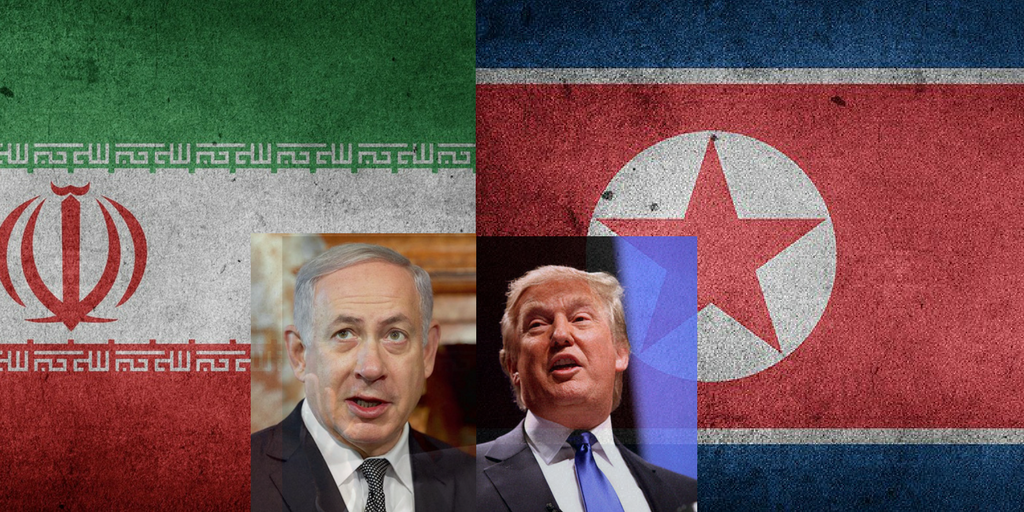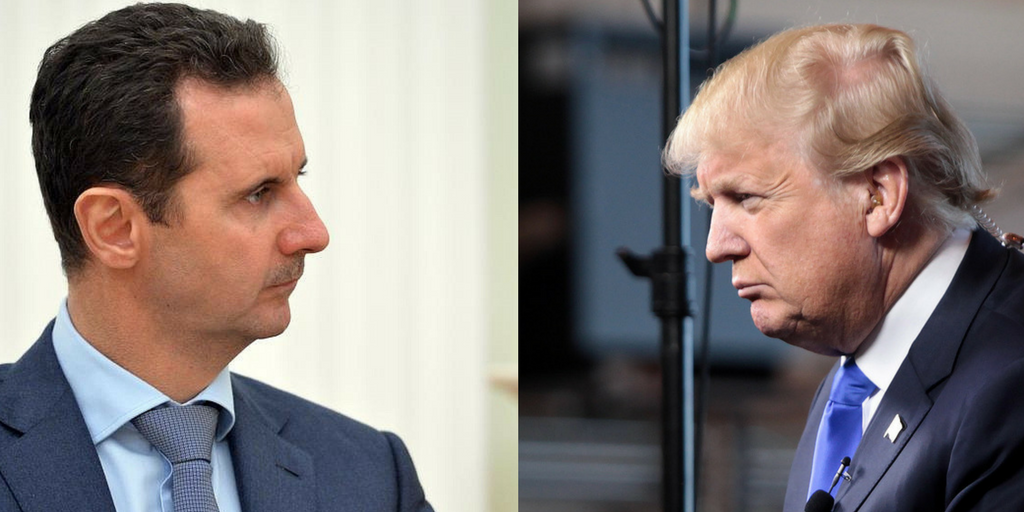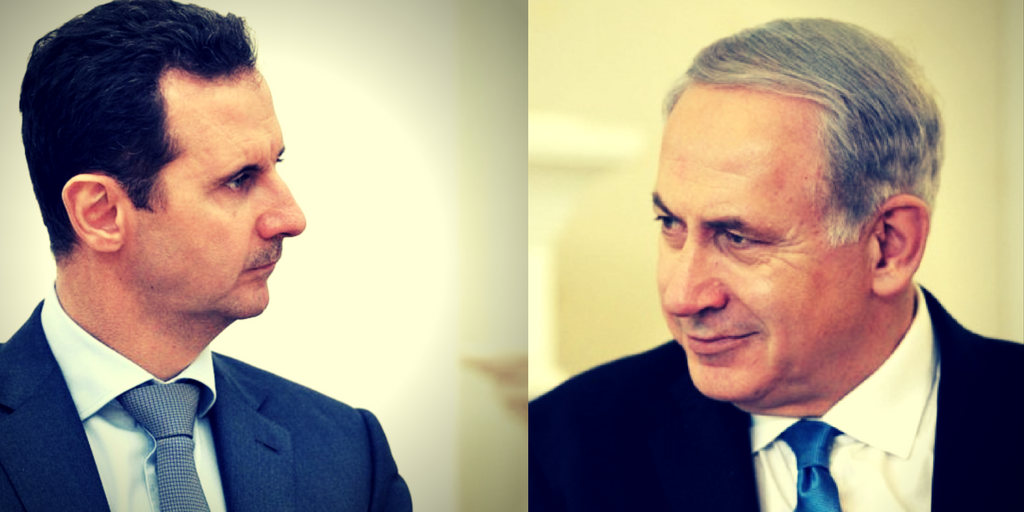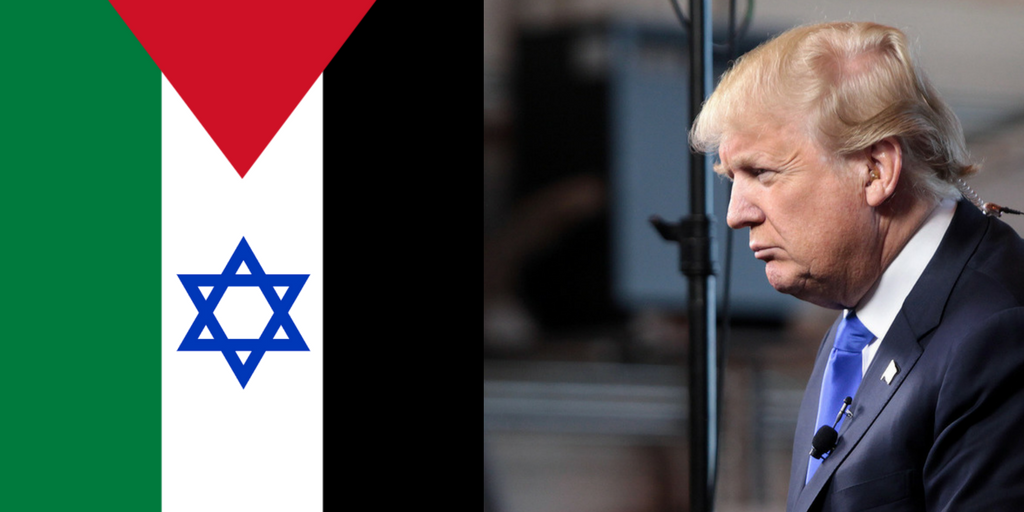No matter whose propaganda one believes on the nature of ISIS’s demise, the wannabe caliphate is falling apart. With its collapse, their capital in Raqqa is under siege by the US backed Syrian Democratic Forces (SDF), which is dominated by the powerful YPG Syrian Kurdish militia allied with Syrian Arabs. The YPG’s forces are rapidly taking control of much of Northern Syria and moving to link directly with the Kurdish Regional Government (KRG) in Iraq.
This entire scenario is of course the opposite outcome that Turkey wanted when they unleashed ISIS into Syria and Iraq to start with. Turkey wanted ISIS to create chaos so Turkish forces could go in and not only clean up the radical Islamists, but wipe out the burgeoning Kurdish entity in Iraq. Not only has the KRG grown in strength, but the Syrian Kurds have become the main power broker in Syria.
With the US funding and training the YPG militias, Turkey has grown increasingly incensed with the Trump administration. Not only will a defacto Kurdish State arise along its Southern border, this state will essentially be backed by the US. Erdogan, the Turkish president has long opposed any Kurdish entity due to the inspiration it will give to the Kurds in Turkey, who form 10% of the Turkish population and a solid block in the country’s Southern regions.
The US appears aware of the inevitability of an independent Kurdistan.
It was reported in the news last week that the Director of the US Defense Intelligence Agency (DIA) Vincent Stewart told senators during a hearing that the question of independence for the Kurdistan Region is to be expected.
“Kurdish independence is on a trajectory where it is probably not if but when. And it will complicate the situation unless there’s an agreement in Baghdad,” Lt. Gen. Stewart said last Tuesday.
As Kurdistan continues to rise to fill the void left by the ravages of ISIS, a new conflict is about to begin. Turkey will not sit idly by and allow the very people they have oppressed for generations rise up against them. The Trump administration will have to choose between a pseudo ally in Turkey or rectify past sell outs of the Kurds committed by both George Bushes and Bill Clinton by allowing a free Kurdistan to solidify its control over its ancient homeland.



